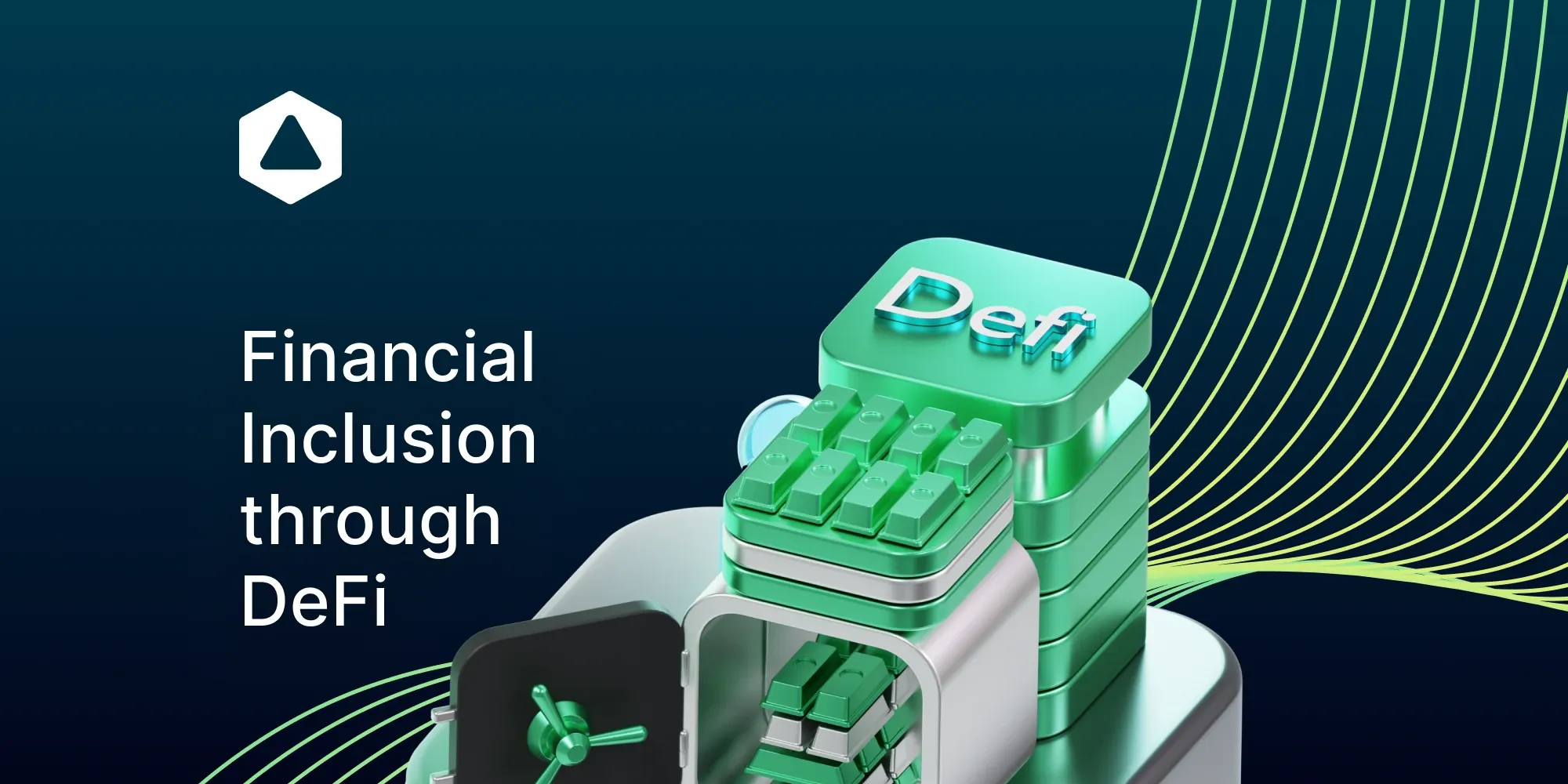Navigating the ESG Landscape of the Cryptocurrency World
This article examines whether ESG criticisms of cryptocurrencies are justified, exploring how crypto projects demonstrate characteristics that are profoundly empowering through financial inclusion, governance decentralization.

In January 2022, the EU enacted comprehensive ESG regulations with implications extending beyond large corporations; even cryptocurrencies have drawn skepticism from ESG perspectives. But is this criticism justified? Contrary to the negative perception portrayed by some ESG frameworks, cryptocurrencies and DeFi demonstrate characteristics that are profoundly empowering. We will thoroughly examine this issue.
ESG Investing
ESG (Environmental, Social, Governance) is an ideology that has been promoted since the pandemic. It prioritizes environmental, social, and governance goals over profits and output. ESG investing has rapidly gained prominence as the urgency to address climate change and other sustainability challenges grows.
When considering the factors that form ESG, we question how it affects cryptocurrencies, and whether investors can choose cryptos that align with their values or engage with the industry to improve key ESG practices.
Controversy
Wealthy institutions like BlackRock and the World Economic Forum promote ESG by directing investments and exerting pressure on companies. Some speculate that the establishment advocates ESG investing because the policies facilitate inflation, which is needed to decrease the real value of massive debts that can't be repaid.
ESG provides a control mechanism to implement inflationary policies without accountability. However, many argue that ESG is unsustainable. As costs rise, people will seek to opt out of the system wherever possible. ESG is predicted to fail as it overlooks economic and social realities. The practice of central banks printing money has enabled this top-down coercion of businesses to adopt unsound practices.
Also, we observe that institutions often apply generalized ESG checklists when investing. This box-ticking exercise relies on third-party scores, which often lack consistency. The multiplicity of standards also creates confusion for those with good intentions.
ESG & Crypto
As highlighted in numerous previous articles and the report of KPMG, DeFi and cryptocurrency projects facilitate financial independence by providing an alternative version of a financial ecosystem. This particularly resonates with the unbanked and underbanked populations.
Social Financial Inclusion
Bitcoin offers several social benefits, including enabling cross-border payments, rapid relief funding, financial inclusion for the unbanked, and escape from authoritarian regimes.
Furthermore, Bitcoin protects against wealth erosion due to inflation, which disproportionately harms the poor worldwide. It provides an alternative to discriminatory banking practices that continue to impact marginalized groups despite existing regulations.

Governance
DeFi governance is decentralized and built directly into their protocols by design. The governance of many projects lies in the hands of the token holders.
Additionally, crypto enables peer-to-peer transactions, donations, and decentralized apps for identity verification, voting, social media, and more. These capabilities can enhance user control over money and data.
Environmental Impact
Bitcoin's energy use can be viewed from three angles. First, energy consumption is subjective and depends on perceived utility, similar to society's acceptance of energy consumed by Christmas lights in the U.S., given their social benefits.
Second, Bitcoin mining increasingly capitalizes on renewable energy, accounting for 39% of its mining energy in 2020.
Third, Bitcoin incentivizes the development of renewable energy infrastructure in areas where energy is currently wasted, potentially fueling global clean energy growth. By situating near renewable sources, miners can support the renewable energy transition. Despite considerable energy use, Bitcoin can align with ESG goals.

Problematic ESG Scoring
ESG criteria often prove superficial, paving the way for high ESG ratings even for unsustainable companies such as those in the tobacco industry. These ratings frequently cater to special interests, falling short of providing objective assessments. Companies, under pressure to boost scores, often resort to dubious 'greenwashing' claims instead of implementing meaningful change. This underscores a lack of rigor in the entire ESG framework.
Role of Blockchain in Better ESG Scoring
Blockchains provide transparency into emissions data and prevent double counting. By monitoring emissions across supply chains, they can deliver the accurate and consistent accounting required to achieve ESG goals. Real-time verifiability further enables carbon markets and offsets.
The absence of standardized ESG data leads to confusion and inconsistent ratings, as companies define and measure their impacts differently. Blockchain technology can harmonize these disparate data sets into unified frameworks, providing universal standards. This allows financial markets, policy makers, and consumers to accurately compare sustainability performance.
Tokenization
Tokenization, for example of carbon commitments, can create investable ESG assets. These assets could be used in DeFi to generate financing for sustainability projects. Blockchain-based marketplaces would allow enterprises to trace and offset emissions transparently, while simultaneously funding renewable infrastructure. We take a look at some innovative DeFi projects;
- PlanetWatch incentivizes the collection of reliable air quality data by rewarding sensor operators with tokens. This not only raises environmental monitoring awareness but also provides crypto incentives. The governance model of PlanetWatch ties voting power to sensor uptime and reputation, rather than merely token holdings.
- ClimateTrade offsets the emissions of each blockchain transaction automatically through their Green Treasury. Their new GreenClimateDAO token allows holders to fund sustainability projects.
Crypto projects should transparently document their sustainability practices to satisfy institutional requirements. Clear disclosures around energy sourcing, carbon offsets, and governance controls can help withstand ESG scrutiny. Collaborating with credible data providers can further demonstrate their commitment to sustainability. By proving that crypto is an ethical investment, we can accelerate both institutional inflows and mainstream adoption.
Conclusion
Contrary to prevailing negative ESG perceptions, the world of crypto is playing a pivotal role in fostering social impact and ethical governance—elements often missing in the traditional financial system. There are well-reasoned counterarguments that confront common criticisms, underscoring that the inherent transparency and decentralization of crypto uniquely position it as an asset capable of driving positive ESG outcomes.
Blockchain technology shines a light on the provenance and integrity of ESG data. By assimilating data from companies, sensors, and satellites onto an immutable ledger, blockchain solutions are establishing a foundation of trust and standardization in ESG metrics. This level of assurance empowers investors to allocate resources confidently, based on robustly verified sustainability impacts.

Connect with Bitfinity Network
Bitfinity Wallet | Bitfinity Network | Twitter | Telegram | Discord | Github

*Disclaimer: While every effort is made on this website to provide accurate information, any opinions expressed or information disseminated do not necessarily reflect the views of Bitfinity itself.



Comments ()